Nearly two years after the outbreak of the October 7 war, its effects on the international transfer market for Israeli football players have become increasingly evident.
The conflict has created new challenges and altered traditional pathways for player movement between leagues.

A marquee signing that determined a historical summer for Israeli football, amid war. Oscar Gloukh, while signing for Ajax Amsterdam (Photo courtesy: Ajax Amsterdam official website)
Market Dynamics and Transfer Challenges
Several high-profile cases have highlighted the evolving landscape. Sean Weissman's proposed transfer to Fortuna Düsseldorf collapsed following controversy over the striker's political statements. Oscar Gloukh's move to elite European clubs faced complications, ultimately resulting in a lower-than-anticipated transfer fee when he joined Ajax. Simultaneously, Major League Soccer (MLS) has emerged as an increasingly attractive destination for Israeli players.
Industry sources report growing difficulties in securing European transfers for Israeli players. Club executives have privately acknowledged concerns about potential complications arising from signing Israeli athletes in the current political climate.
The cited concerns include:
Potential conflicts with Muslim or Arab teammates
Pressure from fan bases, particularly those supporting the "Show Israel the Red Card" campaign
Sponsor concerns about associations with Israeli athletes
Broader perceptions in Western European markets regarding political implications
Transfer Market Performance: A Complex Picture
Despite these challenges, transfer data reveals a nuanced situation. The 2025 summer transfer window recorded the highest total fees ever paid for Israeli players abroad, reaching €27 million. This figure was significantly influenced by Dor Turgeman's move from Maccabi Tel Aviv to New England Revolution and Gloukh's €14.75 million transfer from Red Bull Salzburg to Ajax.
Historical Comparison
Summer 2025: €27 million (record high)
2024/25 season total: €20.75 million
Summer 2023: €17.6 million (post-youth team successes)
Summer 2022: €8.6 million
However, the number of completed transfers has declined. The 2025 window saw 17 Israeli transfers abroad, compared to 26 in the summer before the conflict began, though this figure matches the 16 transfers completed in 2024.
Geographic Shift in Destinations
European transfers have shown a notable decline since 2023, dropping from 50% of all Israeli player moves to approximately 25%. This shift has coincided with increased activity in other markets, particularly North America.
MLS has become the primary foreign destination for Israeli players outside their domestic league, with five Israelis currently playing in the competition. The Dutch Eredivisie follows with three players: Gloukh, Stav Lemkin, and Tai Abed.
MLS Growth Pattern
2023/24: 3 Israeli signings
2024/25: 6 Israeli signings
2025: 1 major signing (Turgeman)
Industry Perspectives
Football agents working with Israeli players describe the current environment as challenging, with several deals reportedly falling through due to players' nationality. Some clubs have allegedly acknowledged these concerns directly to representatives.
One agent noted that while top-tier talent continues to find opportunities, the overall market has become more restrictive for Israeli players, particularly in European markets.
Economic Analysis
When examining the broader financial picture, the data suggests mixed outcomes. Excluding the major Gloukh and Turgeman transfers, approximately €6.3 million was spent on Israeli players in summer 2025—representing a significant decrease compared to recent years but similar to pre-war levels in 2022.
Conclusion
The transfer market for Israeli players reflects the broader geopolitical tensions affecting international football. While high-profile players continue to secure significant moves, the overall landscape has shifted toward non-European markets, particularly MLS.
The situation demonstrates how political conflicts can influence sports markets, creating both obstacles and alternative opportunities. For elite players, talent and performance continue to drive market demand, though the traditional pathways through European football have become more complex.
The long-term implications for Israeli football development and international competitiveness remain to be seen as the industry adapts to these changing dynamics.
Ireland and other European FAs are joining efforts to push UEFA to suspend Israel over settlement clubs and racism allegations.
Aston Villa overcame Maccabi Tel Aviv 2–0 in a Europa League night marked by police protests, fan bans, and off-field political tension.
FIFA joins Gaza rebuilding plans, restoring stadiums, pitches, and youth programs, supporting football and hope in the Strip.
From Benzema’s shock move to Ronaldo’s protest, a chain reaction in Saudi football is shaking the entire project and the global game.
A Hitchcock-style AFCON final in Rabat saw chaos, controversy and brilliance as Senegal stunned Morocco to claim their second African title.
From libraries to stadiums, Morocco lives football. As AFCON 2025 nears its climax, passion, politics, and ambition collide nationwide.
As protests spread across Iran, footballers are turning goals, silence and visibility into acts of resistance and solidarity with the people.
From Trump’s World Cup to wars, revolutions and fairy tales – the football stories that shaped 2025 in the Middle East and beyond.
A dramatic 107th-minute penalty sends Iraq to the intercontinental playoff—now just one game from a first World Cup since 1986.
Ireland and other European FAs are joining efforts to push UEFA to suspend Israel over settlement clubs and racism allegations.
Aston Villa overcame Maccabi Tel Aviv 2–0 in a Europa League night marked by police protests, fan bans, and off-field political tension.
Maccabi Tel Aviv arrive in Birmingham under political tension, facing Aston Villa without fans in a key Europa League test.
Erling Haaland’s hat-trick powered Norway past Israel 5–0, as protests and tension surrounded the World Cup qualifier in Oslo.
Israel coach Ran Ben Shimon dons a kippa and prays for hostages in an emotional Oslo press conference before facing Norway.
Ahead of Norway–Israel, FA president Lise Klaveness urges respect, transparency, and dialogue, discussing her efforts in bringing change that will see Israel banned from international football.
Tense atmosphere in Oslo ahead of Norway vs. Israel, with protests, politics, and a World Cup dream on the line.
As Israel visits Oslo for a key World Cup qualifier, Norway braces for protests, politics, and a tense weekend on and off the pitch. Uri Levy reports from Oslo.
Despite rising protests and political pressure, Israel’s suspension from UEFA remains improbable due to regulations and key leadership stances.
Despite growing calls amid the Gaza war, UEFA sources stress there’s no legal basis for suspending Israel at this stage.
Despite war, isolation and setbacks, Israeli footballers hit a record in transfers abroad during the summer 2025 window. A market analysis.
Beram Kayal reflects on a remarkable career from Maccabi Haifa to Celtic and Brighton, and his new mission to impact Arab football youth.
After months of war, the Palestinian Football Association may revive league play—if minimum safety, infrastructure, and funding can be secured.
Palestinian striker Wessam Abou Ali overcame cardiac collapse and broken ribs to become Club World Cup star, attracting top European clubs.
From dominant wins to political fallout, a look back at the intense football rivalry between Israel and Iran before geopolitics ended it all.
At 37, Bibars Natcho delivers his best season yet. In a BabaGol interview, he opens up on legacy, Israel, Partizan, and what comes next.
Mehdi Taremi grounded in Iran, Ali Karimi slams regime, and regional sports grind to a halt as Israel-Iran war disrupts the Middle East.
A dramatic night in Tel Aviv saw Hapoel Be’er Sheva beat Beitar Jerusalem to win the Israeli Cup, in a final halted by a Red Alert siren.
Eleven groups drawn as 44 teams begin the road to Saudi Arabia 2026. Qualifiers kick off this September across Asia.
From Rabah Madjer to Mohamed Salah, a look at the MENA players who’ve made history in the Champions League — and those ready to add their names.
CAF reveals six host venues for the 2024 Women’s AFCON in Morocco, marking a record number of stadiums for the competition.

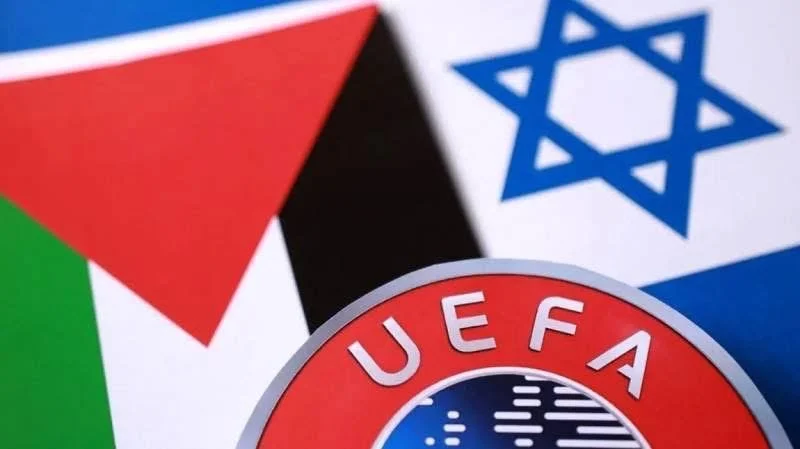

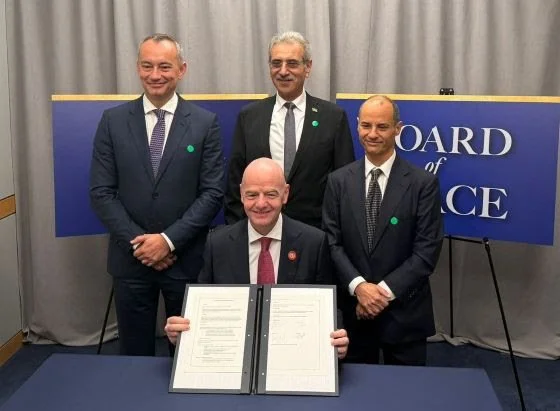


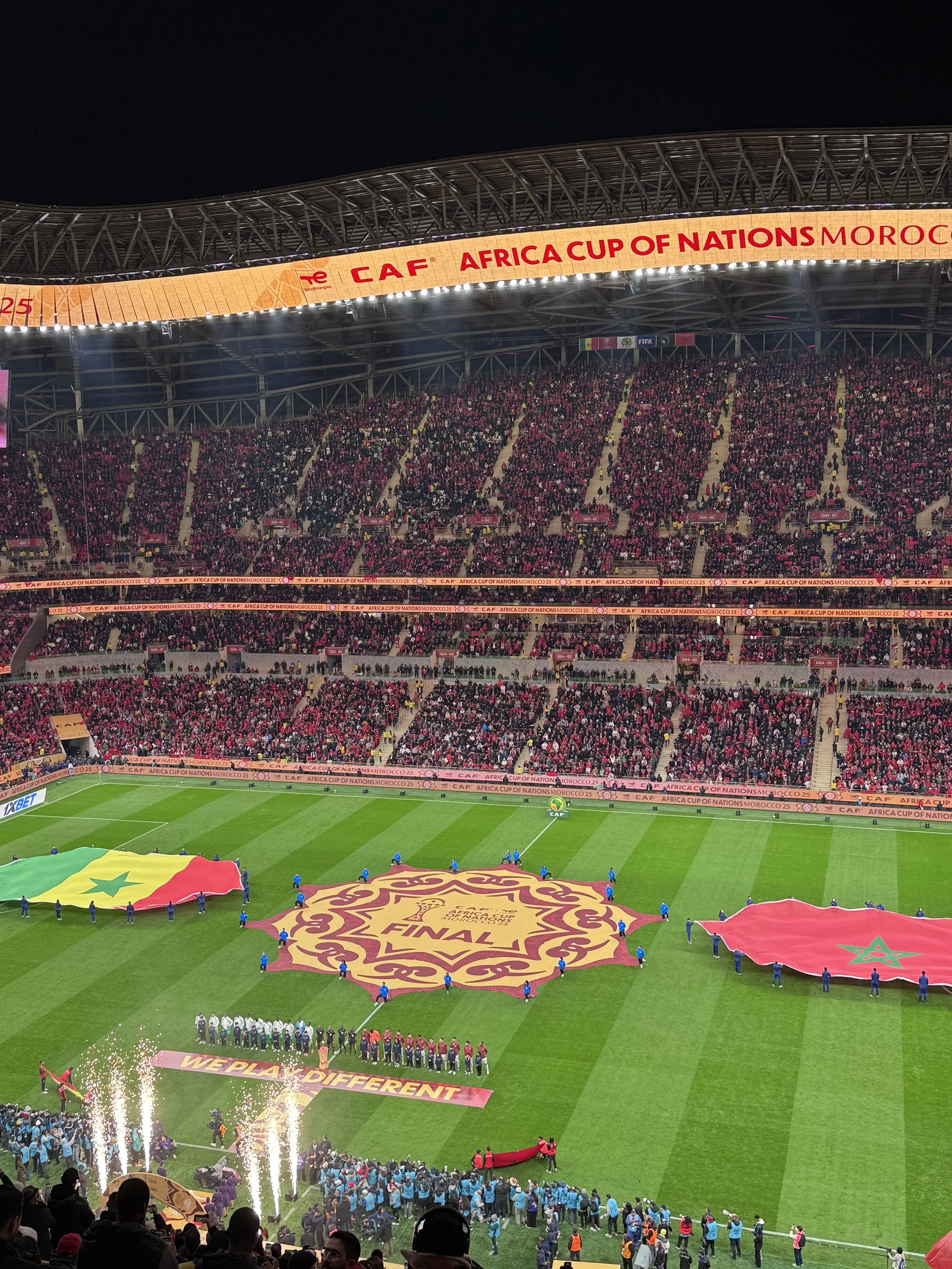









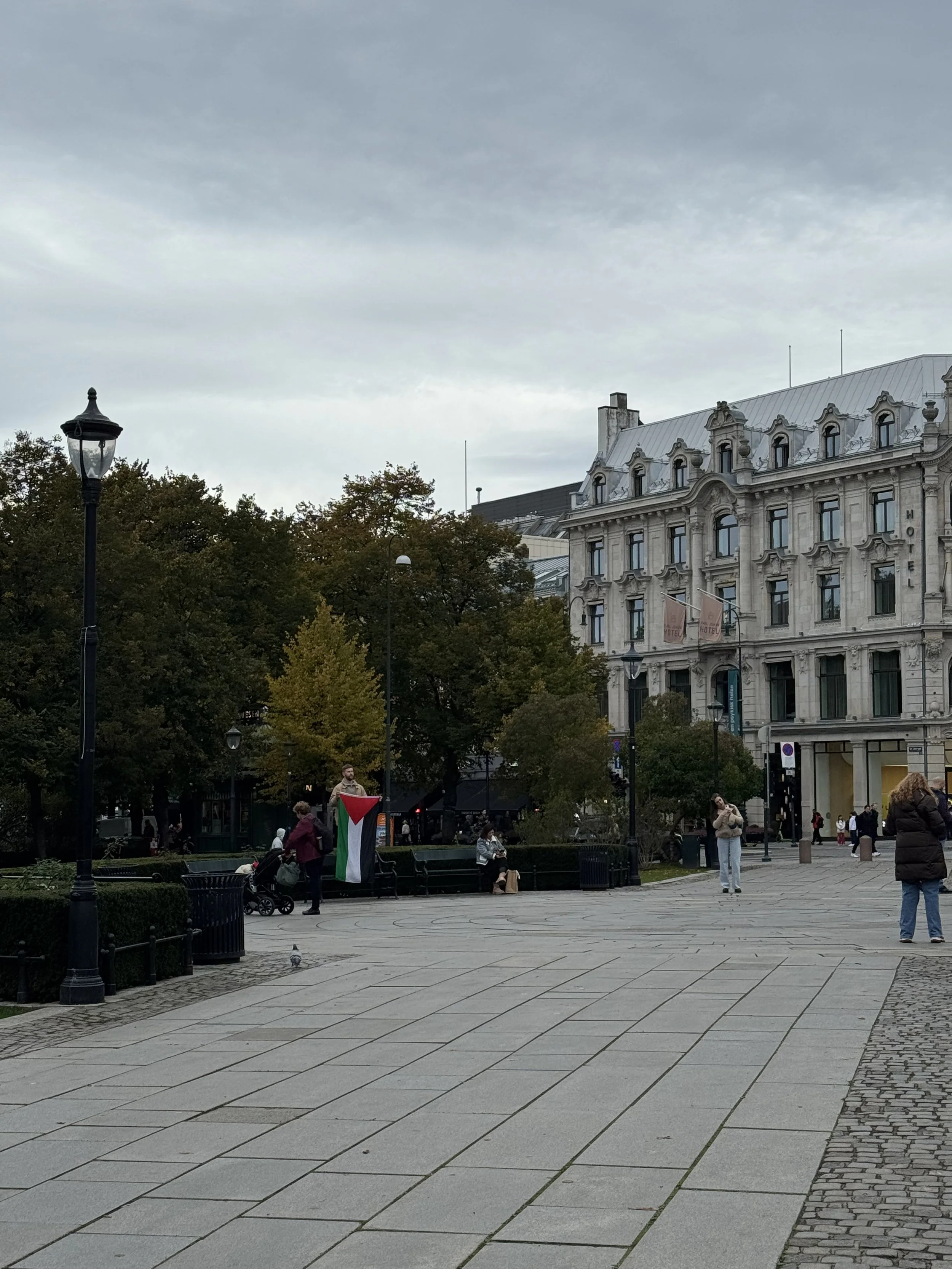
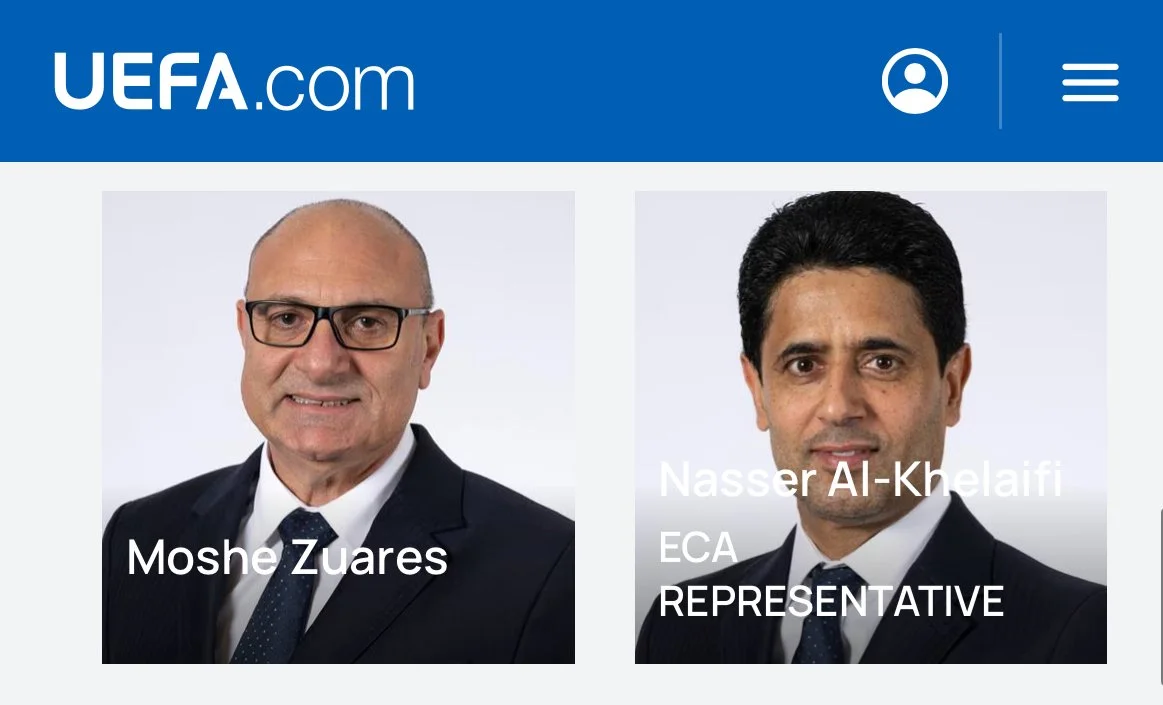
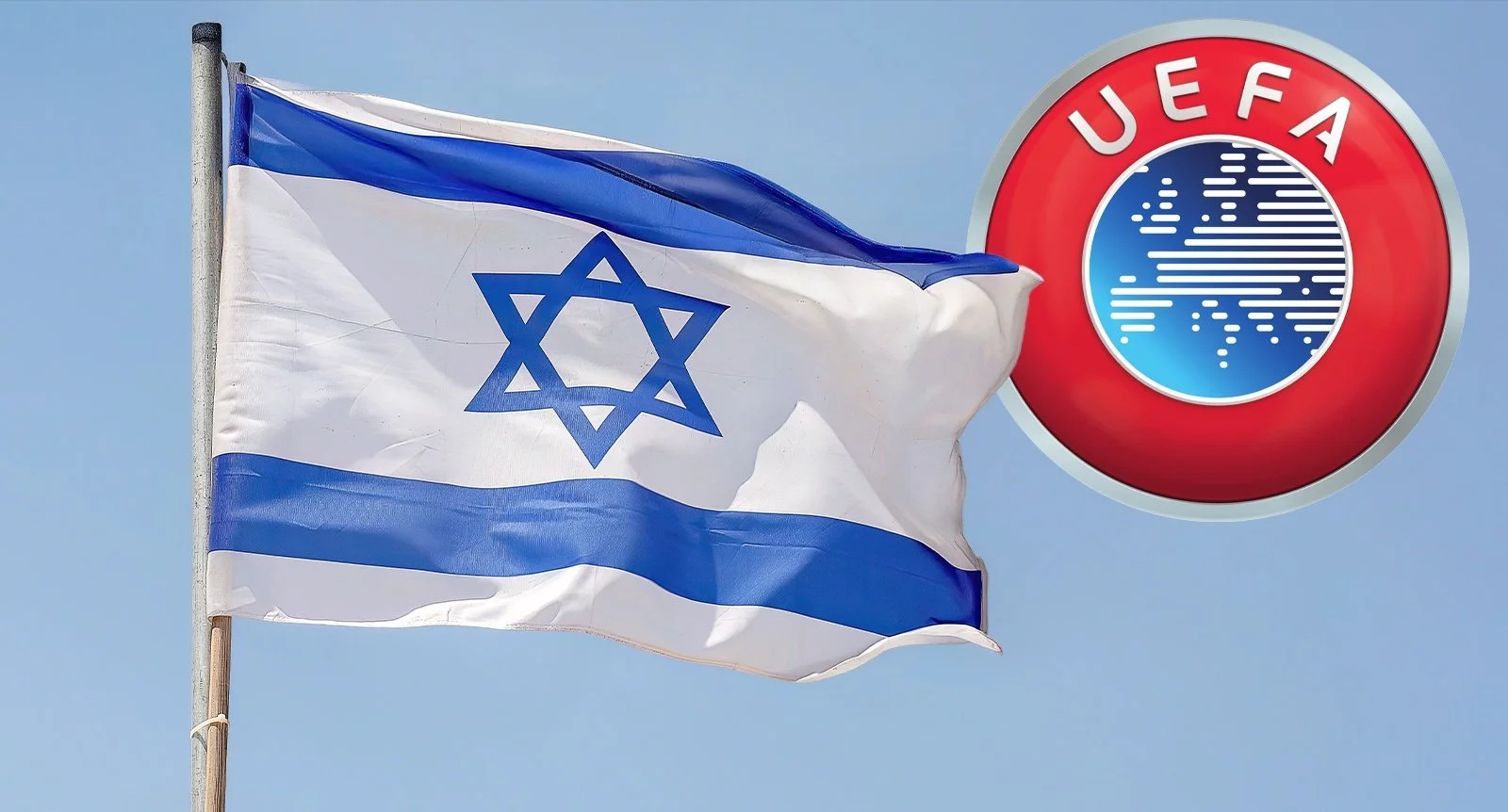

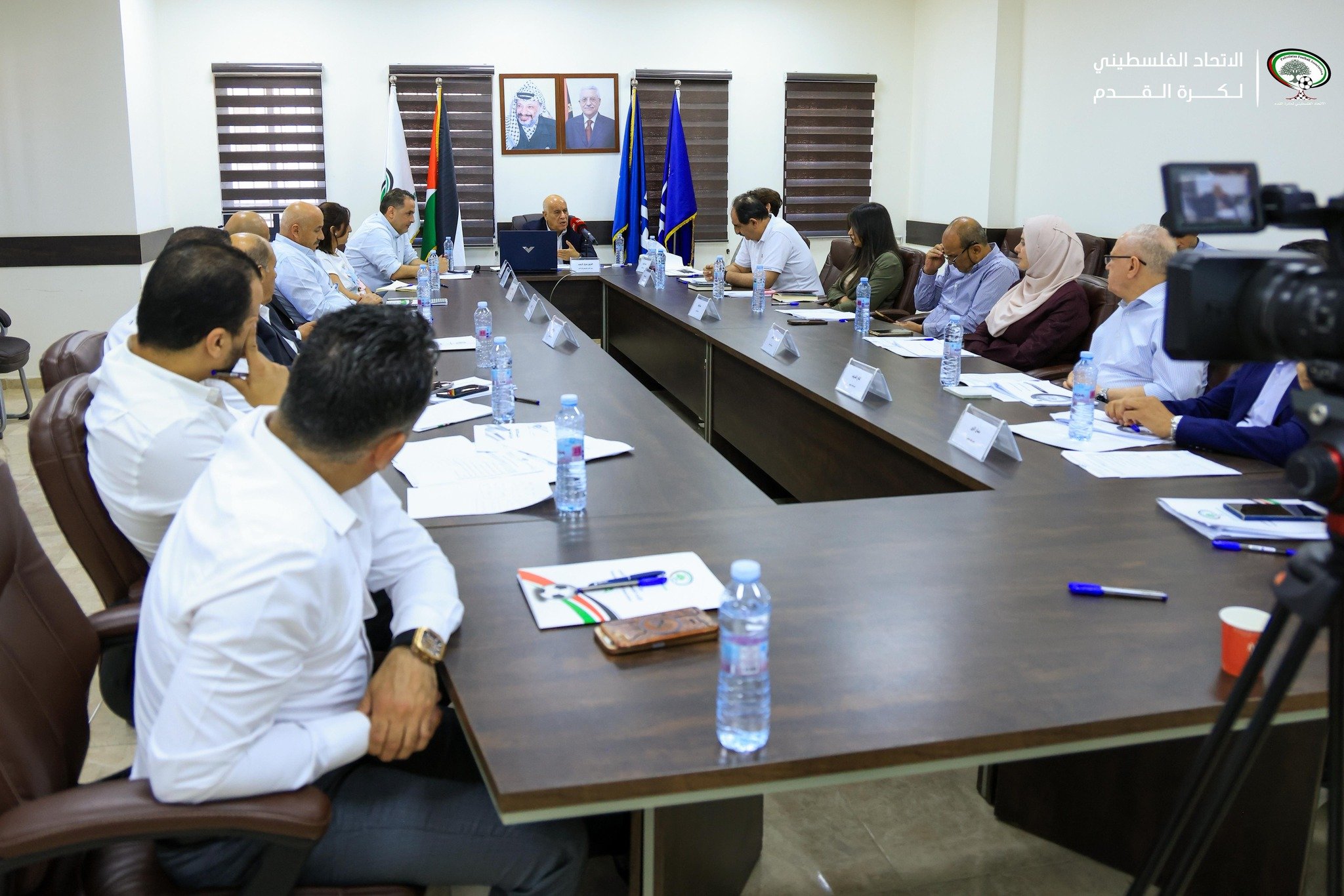



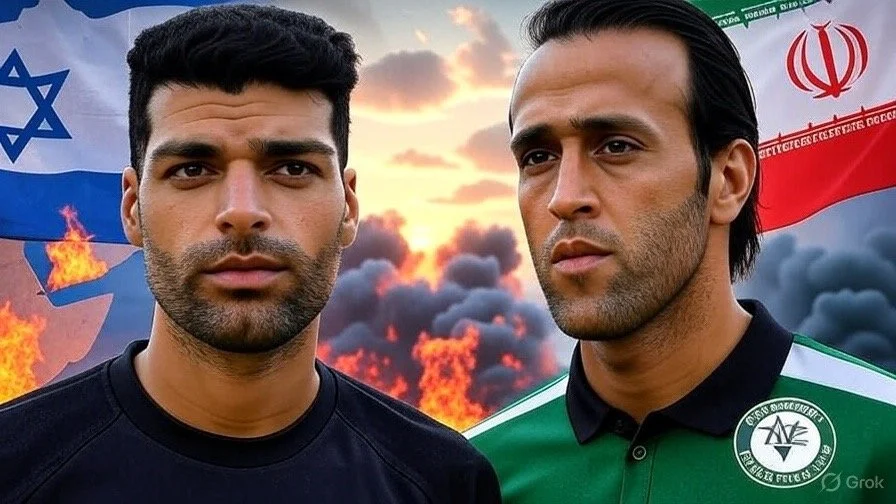





FIFA joins Gaza rebuilding plans, restoring stadiums, pitches, and youth programs, supporting football and hope in the Strip.